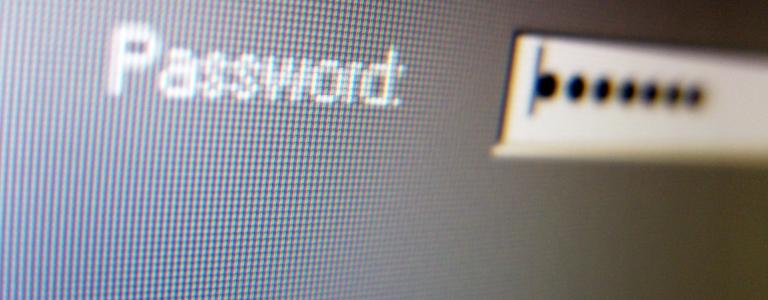- The CIA can only bug your TV if it is an older model and they have physical access to it. Vulnerabilities in smart TVs have been common knowledge for several years.
- The CIA can only compromise encrypted messaging services such as WhatsApp and Signal if they have compromised your phone in some other way. Then they can intercept the message outside of the app, before it is encrypted. We knew that already, too.
- Many of the vulnerabilities discussed have already been patched. Some have not but will be soon. The CIA is not sitting on a huge hoard of zero days, though if they discover one they will keep it for internal use rather than responsibly disclosing it.
- The CIA is not using Russian malware to conduct false flag operations.
- This will not make it easier for other actors to start hacking, as WikiLeaks did not publish the source code or executable used by the CIA. If WikiLeaks is genuinely acting in the public interest as they claim (rather than as a propaganda arm of Russian Intelligence as many believe) they will responsibly disclose the tools only to the vendors of the vulnerable software so that it can be patched.
- The CIA is not breaking any US laws, except for violating the GNU Public License.
Mobile Messaging Security
Protect mobile messaging from evolving threats with leading, real-time, automated, and predictive mobile security products.
Email Messaging Security
Protect email messaging from evolving threats with the leader in real-time, automated, and predictive email security products.
Threat Insight
Enable security services with threat intelligence and data from the Cloudmark Global Threat Network.
The most complete, comprehensive and accurate Mobile Messaging defense solution
Industry leading predictive, machine learning technology combined with the world's largest mobile messaging threat analysis system.
Learn MoreMobile Operators
Secure Your Mobile Messaging Environment
Cloudmark mobile solutions deliver the fastest and most accurate response to protect your mobile network.
Protect Your Traffic with a Cloud Service
Utilize a cloud-based, fully managed security service to protect your network and subscribers from phishing/smishing, spam, and viruses.
Monetize Traffic by Identifying and Preventing Grey Route Abuse
Protect and increase revenues by monetizing "grey route" traffic and application to person (A2P) messaging.
Secure Your RCS and Future Mobile Messaging Traffic
Protect mobile-based Rich Communications Services (RCS) and revenues against phishing/smishing, spam, and viruses.
Secure Your Email to Mobile Messaging
Enable industry's best protection for email to mobile messaging services.
Internet Service Providers (ISPs)
Secure Your Email Environment On-Premises
Utilize the most comprehensive suite of tools and capabilities leveraging the Cloudmark Global Threat Network to protect your customers.
Secure Your Email Environment Cloud Version
Utilize a cloud-based service, best-in-class Cloudmark Global Threat Network, and fully managed SOC to protect your customers from spam, phishing, and viruses.
Provide Real-time (best-in-class) Threat Insight through Scanning and Analysis
Utilize automated, machine learning and the best-in-class Cloudmark Global Threat Network to accurately rate senders and content.
Provide a Better Email Experience to Your Customers
Delight your customers by providing a high-performance, sorted mailbox experience.
